Although the Vietnam - EU Free Trade Agreement (EVFTA) has brought benefits to businesses over the past four years, regulations on goods origin remain a challenge.
Mr. Dominik Meichle, Chairman of the European Chamber of Commerce in Vietnam (EuroCham) discussed solutions to enhance future opportunities.
 |
| Mr. Dominik Meichle, Chairman of the European Chamber of Commerce in Vietnam (EuroCham) |
The EVFTA has just marked the 4-year milestone of implementation (from August 1, 2020). In your opinion, has the EVFTA met the expectations of both sides in terms of investment, trade, and technology transfer?
The EVFTA has brought significant benefits to Vietnam, making it one of only two Southeast Asian countries to have a free trade agreement with the EU. This gives Vietnam a distinct competitive advantage over its regional neighbors that are still negotiating similar agreements.
The biggest impact of the EVFTA can be seen in Vietnam's exports to Europe, increasing from about 35 billion euros (37.6 billion USD) in 2019 to more than 48 billion euros (51.5 billion USD) in 2023. The electronics, textiles, footwear, agriculture , and seafood sectors have strong export growth.
However, EU exports to Vietnam are expected to increase only modestly from 11 billion euros ($11.8 billion) in 2019 to 11.4 billion euros ($12.2 billion) in 2023. This has created a trade imbalance, with Vietnam exporting four times more to Europe than it imports.
Around a quarter of EuroCham members said they were benefiting from the EVFTA, mainly through tariff reductions, better market access and increased competitiveness. This is a promising start and we look forward to seeing this positive impact for more European businesses in the coming years.
However, some policy adjustments in Vietnam have created complications for European businesses operating under the EVFTA, sir?
Yes. These changes include the introduction of new taxes and technical barriers to market entry. We are actively engaging in open dialogue to address these concerns and find mutually beneficial solutions, ensuring that the EVFTA promotes a fair and predictable business environment for all parties.
Despite challenges, the EVFTA has helped improve Vietnam’s attractiveness to European investment. The EU is now the sixth largest foreign direct investor in Vietnam, with €28 billion ($30 billion) invested in 2,450 projects. EU businesses remain confident in Vietnam’s potential.
To fully exploit the potential of the EVFTA, the EU-Vietnam Investment Protection Agreement (EVIPA) must be fully ratified. Although the EU institutions have ratified it, it still needs to be approved by each of the 27 EU member states. With 16 member states having ratified it in the past four years, EuroCham Vietnam is actively working with stakeholders in Europe to encourage the remaining member states to follow suit.
Although the EVFTA eliminates tariffs on many exports to the EU market, is meeting strict rules of origin a burden for businesses in taking advantage of the benefits of this agreement?
Rules of origin are crucial to ensuring fair trade under the EVFTA. They act as “gatekeepers” to prevent products that are minimally processed in Vietnam or the EU from unfairly benefiting from the Agreement. By determining the origin of a product within the trading bloc, they ensure that the preferential tariffs of the EVFTA are applied fairly and as intended.
While necessary to ensure fair trade, these rules can pose challenges for businesses looking to maximise the benefits of the EVFTA. They often require detailed documentation and adherence to specific manufacturing processes – which can be quite demanding.
In Vietnam, compliance with EVFTA rules of origin is further complicated by the practice of sourcing inputs from neighboring countries. This complex network of supply chains makes it difficult for many exports to meet the stringent criteria required to qualify for duty-free treatment. As a result, many businesses struggle to fully reap the benefits of the Agreement.
Administrative challenges also pose significant obstacles, with the recent shortage of EUR.1 forms being a serious issue. These forms are essential for certifying the origin of products under the EVFTA and without which businesses cannot access the Agreement’s preferential tariff rates.
This has led to operational disruptions, causing shipping delays and increased costs for exporters. Companies are struggling to meet delivery schedules, damaging Vietnam’s export potential and undermining the competitiveness of Vietnamese businesses in the EU market.
Does that challenge have a solution yet, sir?
EuroCham’s Transport and Logistics Subcommittee is actively working with stakeholders to address this issue. They have proposed a number of actions to reduce the impact. In the short term, it is important to communicate transparently about the causes and shortages of forms and to expedite the issuance of EUR.1 forms. Finding temporary alternatives such as digital forms can also provide much-needed relief.
In the long term, sustainable solutions are needed. EuroCham’s Transport and Logistics Subcommittee also proposed increasing production capacity for EUR.1 forms, accelerating digital transformation to reduce reliance on physical documents, and implementing self-certification for qualified factories. These measures would help boost Vietnam’s exports, ensuring it remains competitive and resilient, especially in the context of the EVFTA.
What priorities should Vietnamese businesses focus on to reduce negative impacts and optimize the benefits of EVFTA?
The European market offers many opportunities for Vietnamese businesses with the potential to expand, diversify and increase exports. To make the most of these opportunities, companies must comply with the sustainability regulations of the European Green Deal, covering areas such as carbon emissions, deforestation and due diligence.
While the above regulations require significant investment in skilled labor, technology and resources, Vietnamese businesses should not view this as an obstacle, but as a strategic path to achieving long-term success and growth in the international market. By proactively investing in their workforce and operations, companies can position themselves at the forefront of sustainability and gain a competitive advantage.
Equipping employees with knowledge and skills in sustainable practices, compliance and green technology will foster a culture of innovation and continuous improvement. The adoption of environmentally friendly principles and technologies, such as energy-saving equipment, renewable energy sources, water recycling and waste reduction, not only ensures compliance with EU standards, but also significantly reduces costs and improves operational efficiency.
It is understood that EuroCham Vietnam is committed to supporting businesses in the transition by providing training and resources focused on understanding and implementing green regulations?
These initiatives provide businesses with the tools and knowledge they need to adapt to the sustainability landscape and succeed in the European market. Collaboration with European companies, which are often at the forefront of green innovation, will also accelerate the transition. Such partnerships offer valuable opportunities for knowledge exchange, technology transfer and access to tried and tested sustainable solutions.
To promote collaboration and action towards a greener future, EuroCham is proud to present the Green Economy Forum and Exhibition 2024. Following the success of previous events, the Forum will be held in Ho Chi Minh City on 21-23 October. The event includes three days of conferences, exhibitions showcasing green innovations from hundreds of companies and high-level policy dialogues with senior leaders from Vietnam and Europe, as well as a dedicated day for students.
Source: https://baodautu.vn/giai-bai-toan-xuat-xu-hang-hoa-trong-evfta-d221404.html








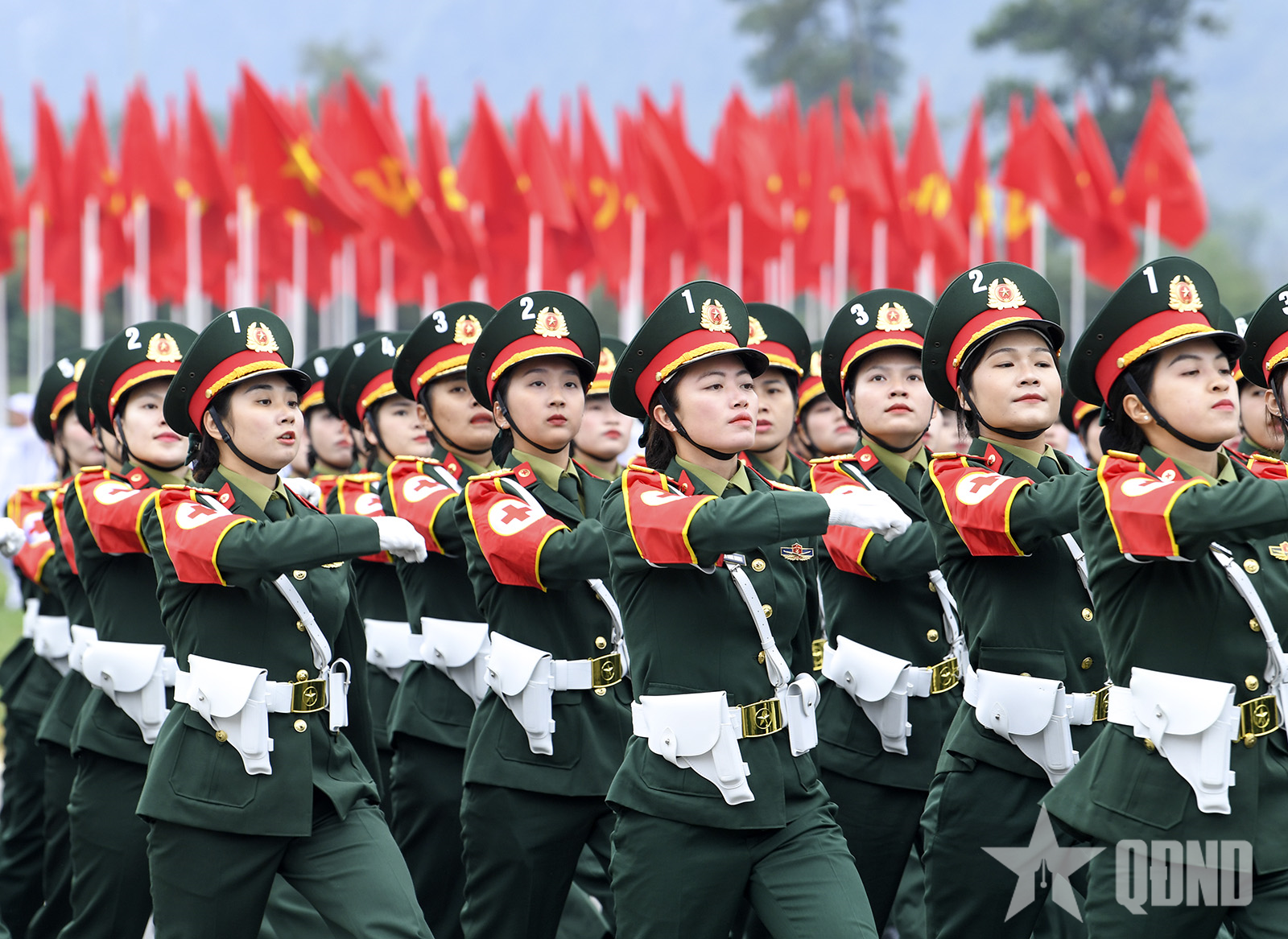
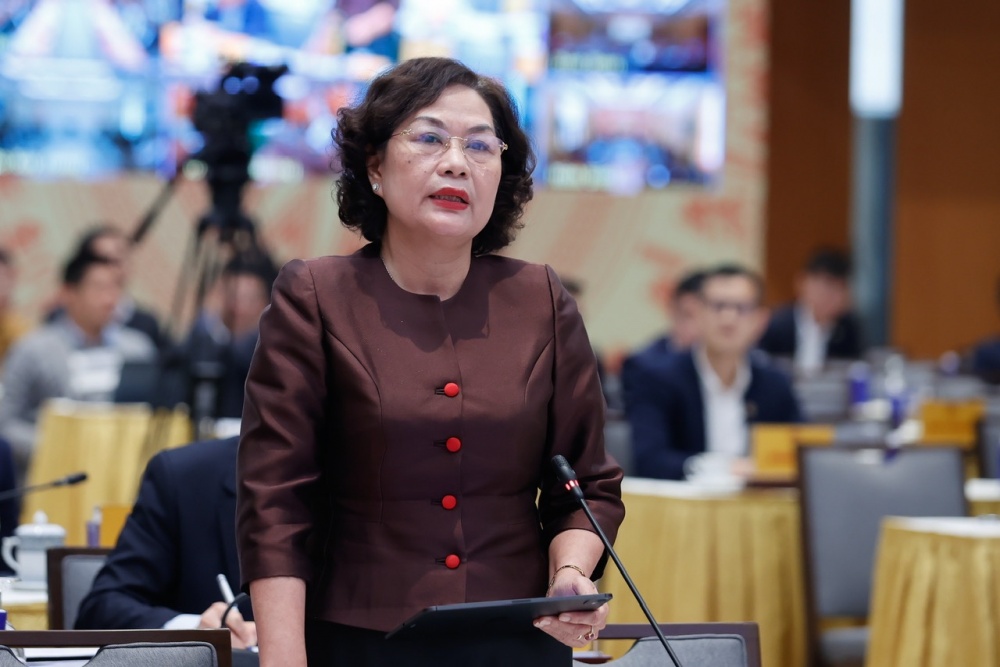
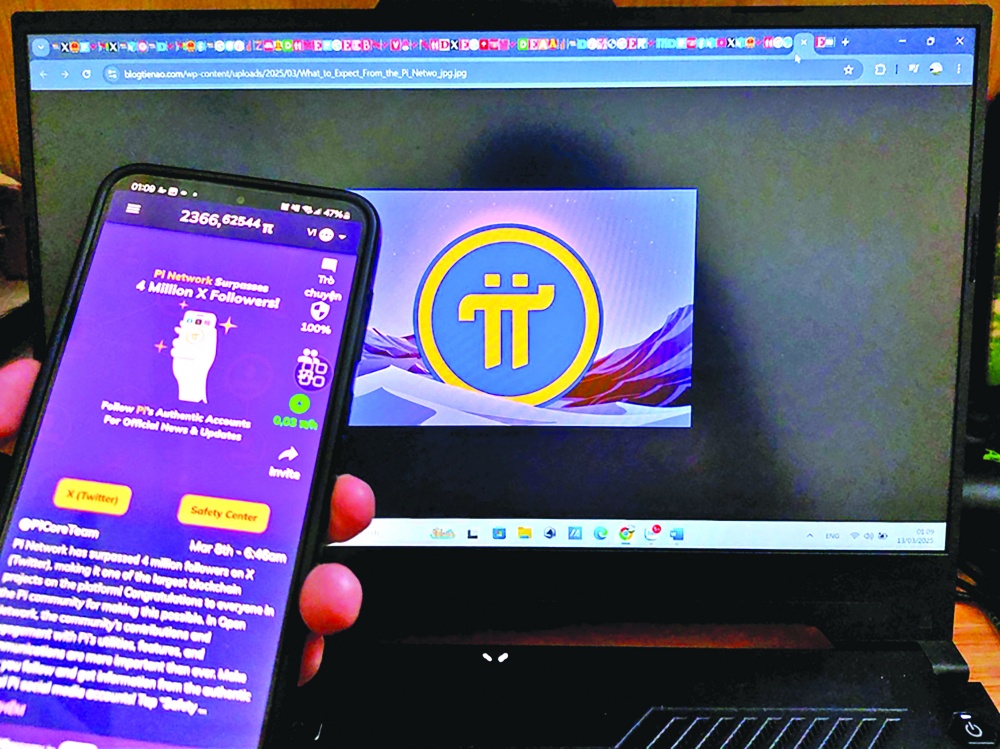
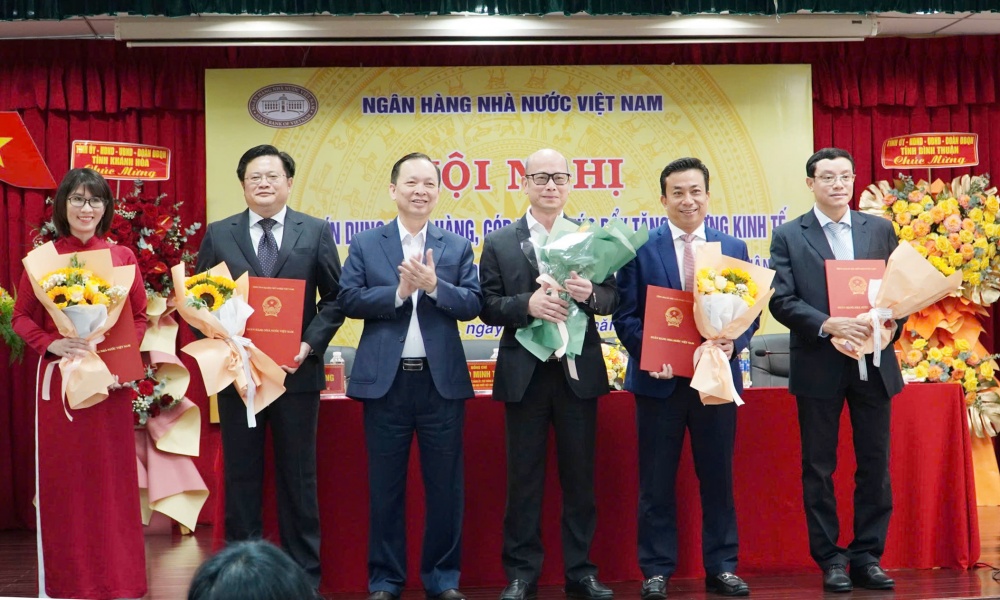
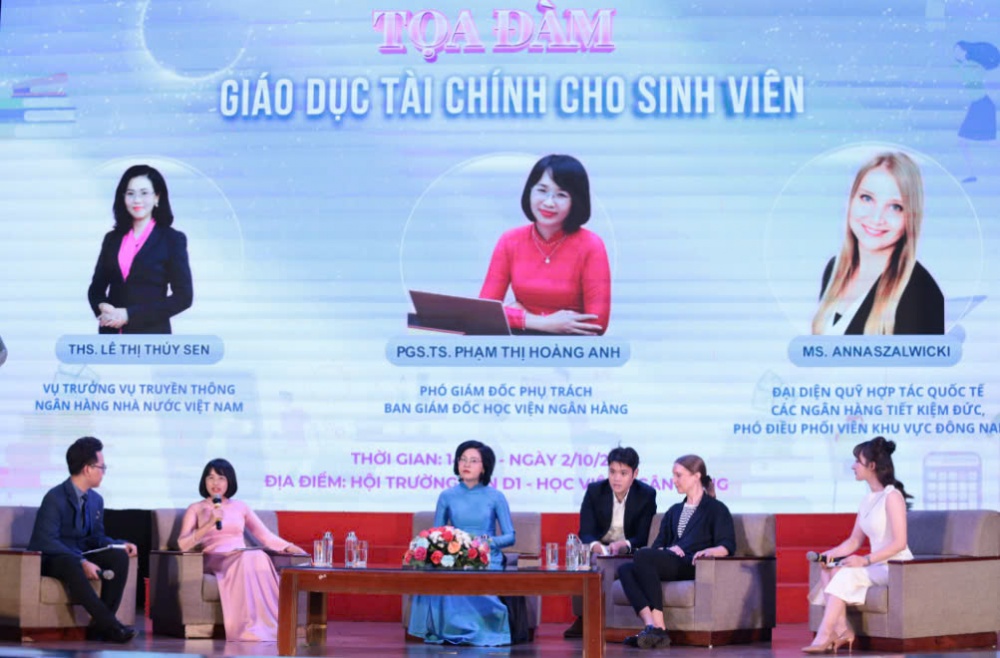


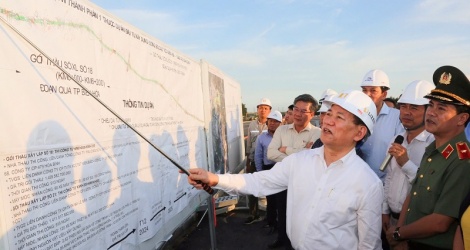

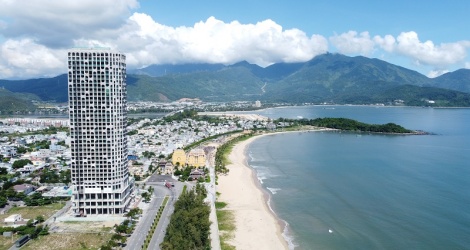
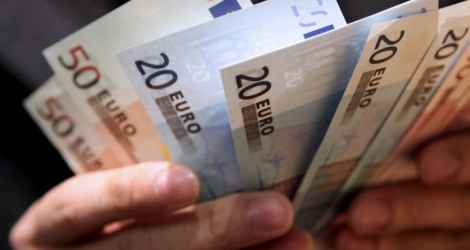





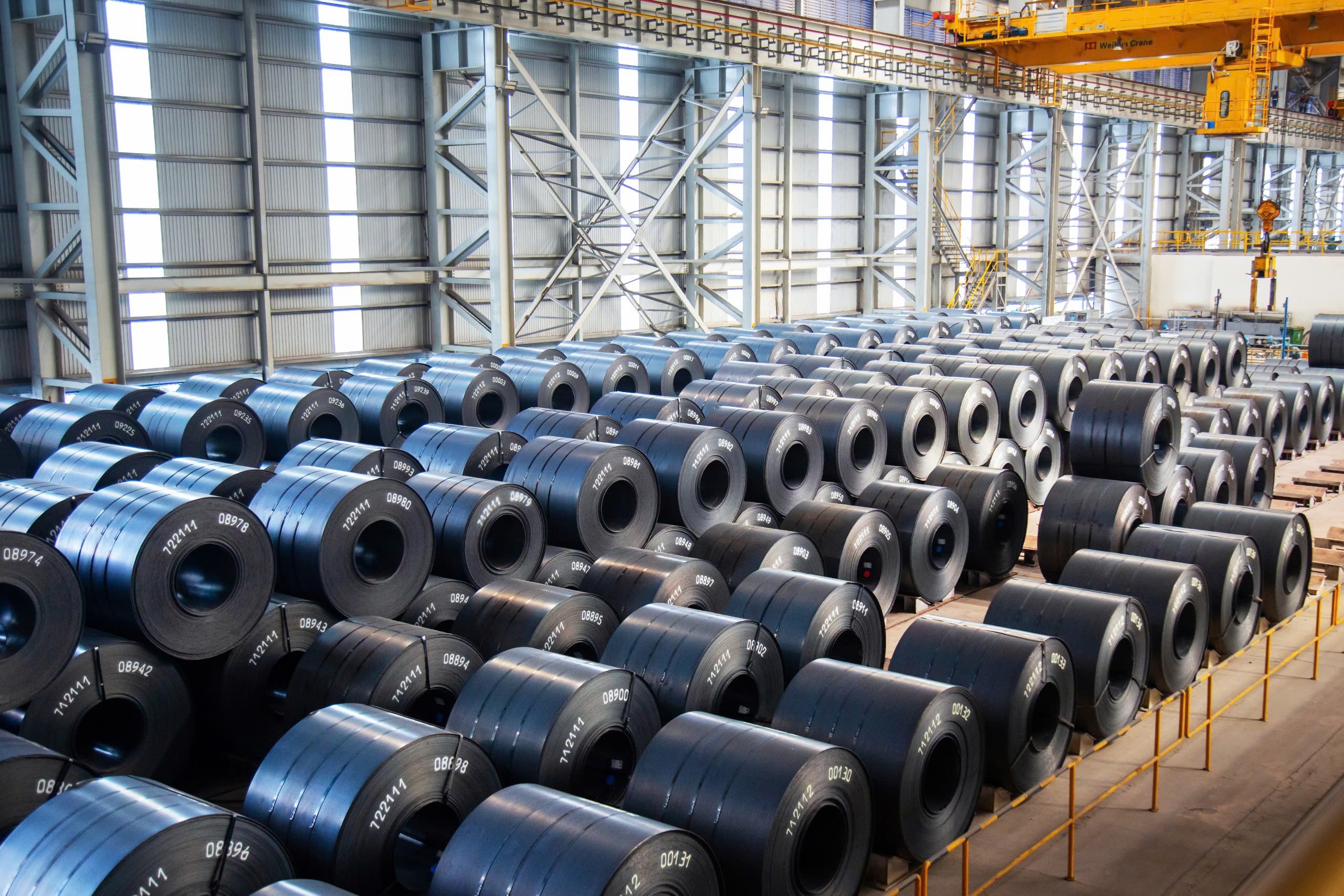
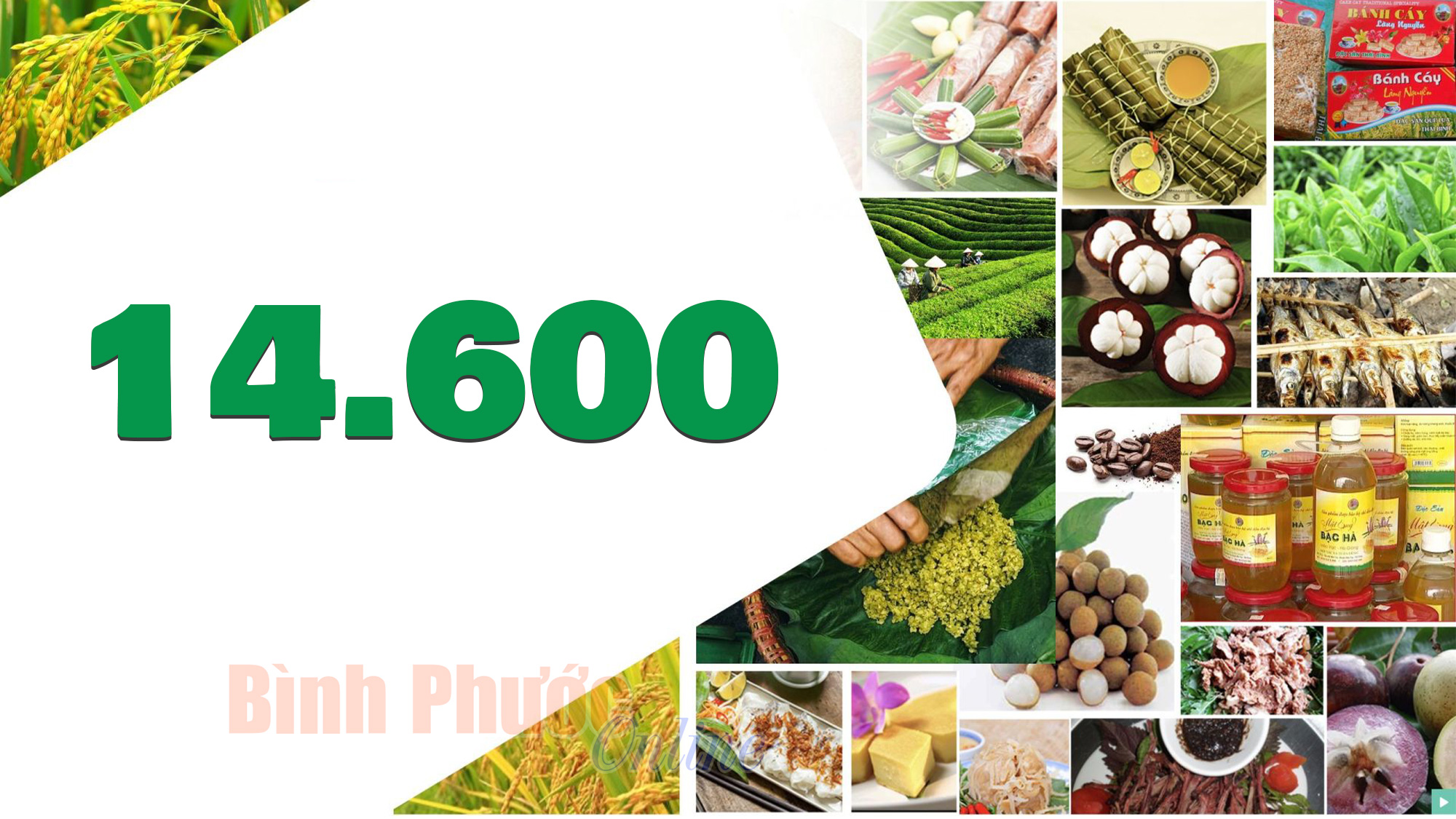
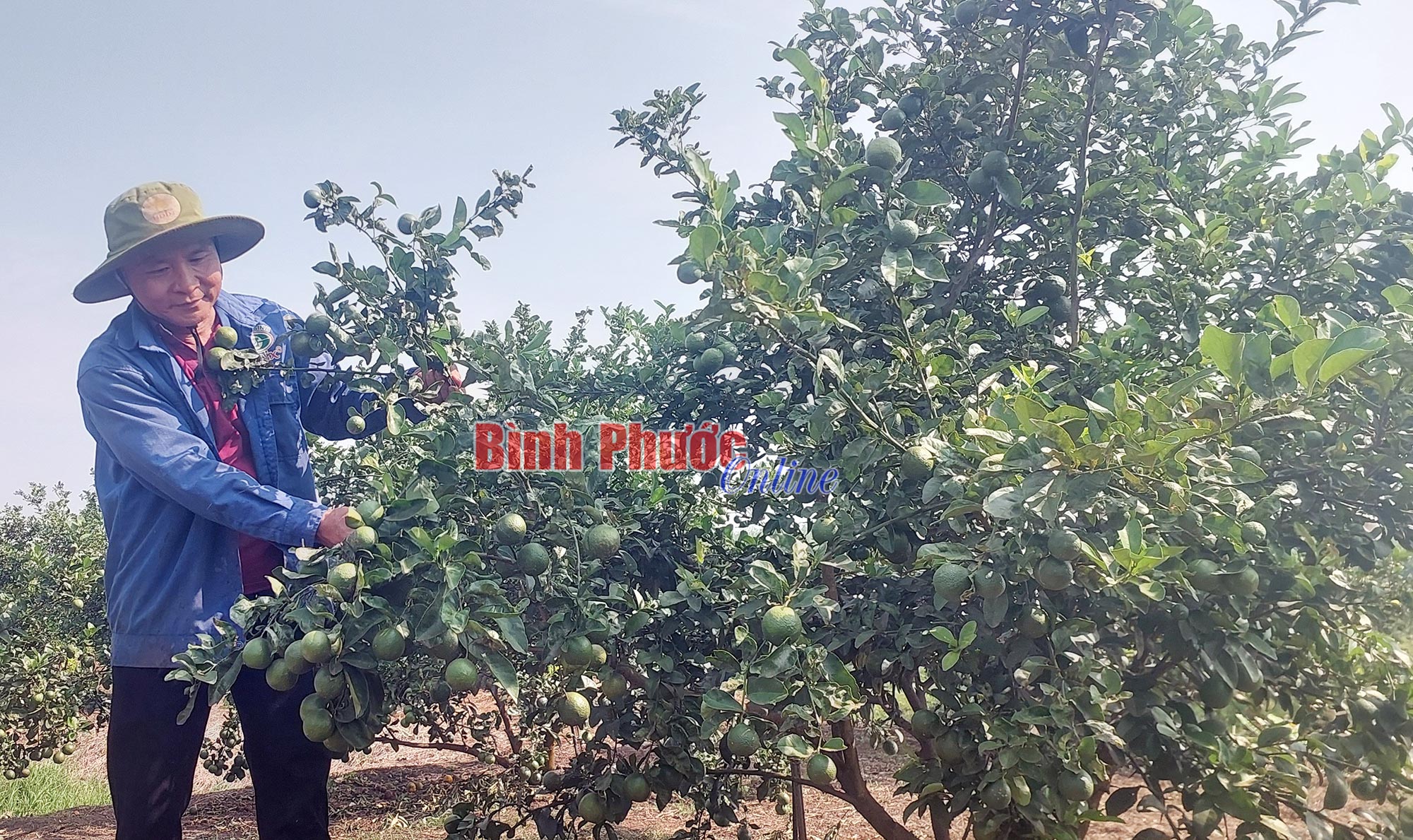
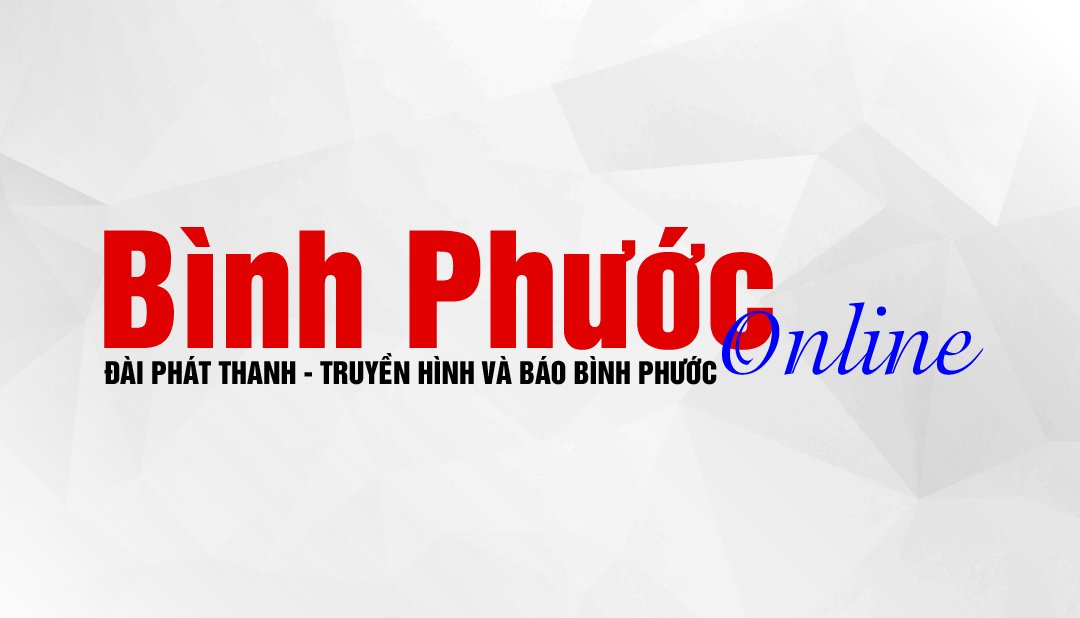
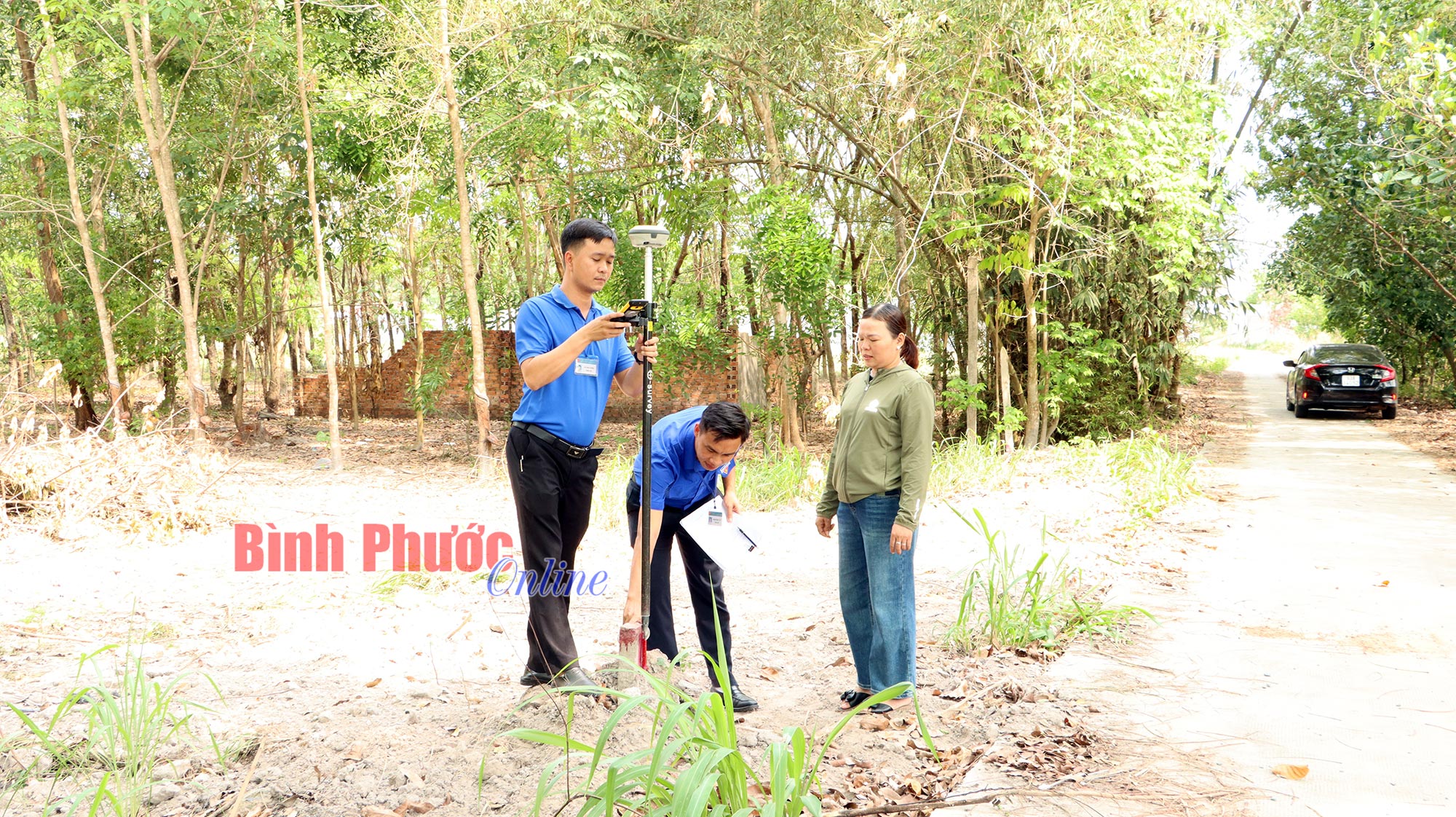
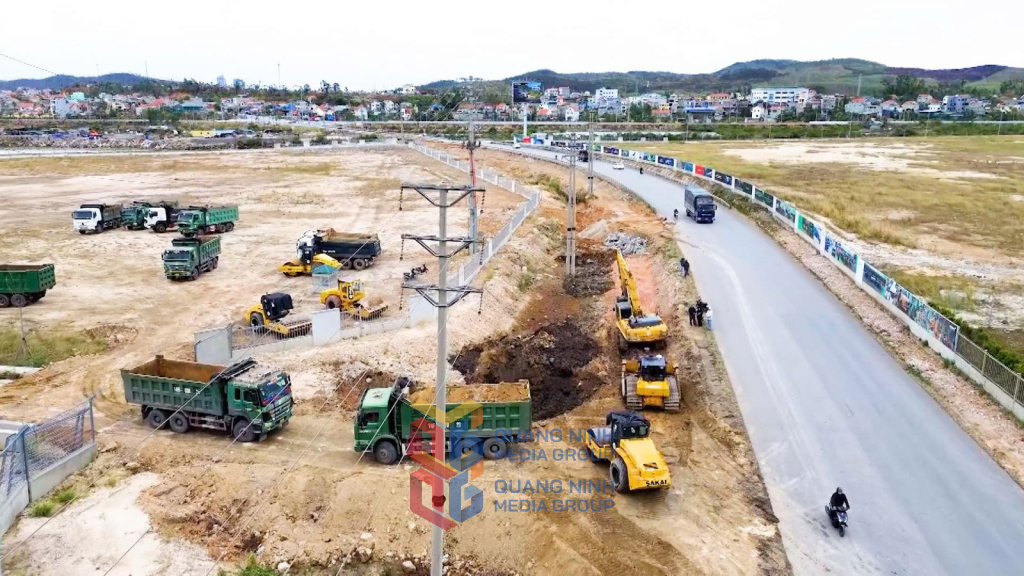

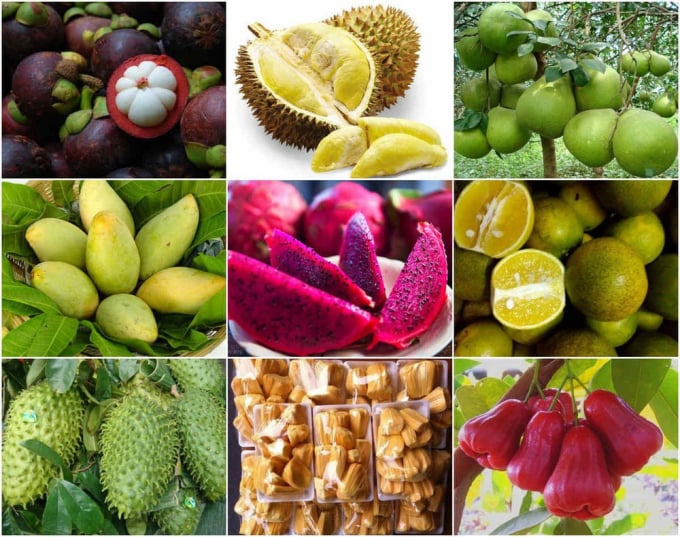

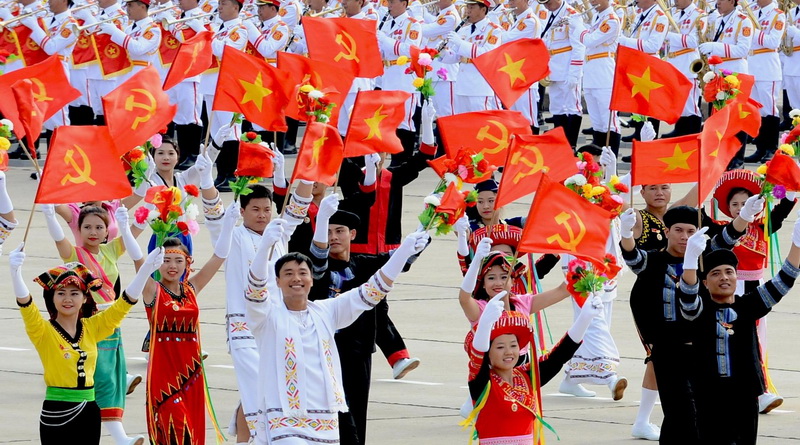
Comment (0)